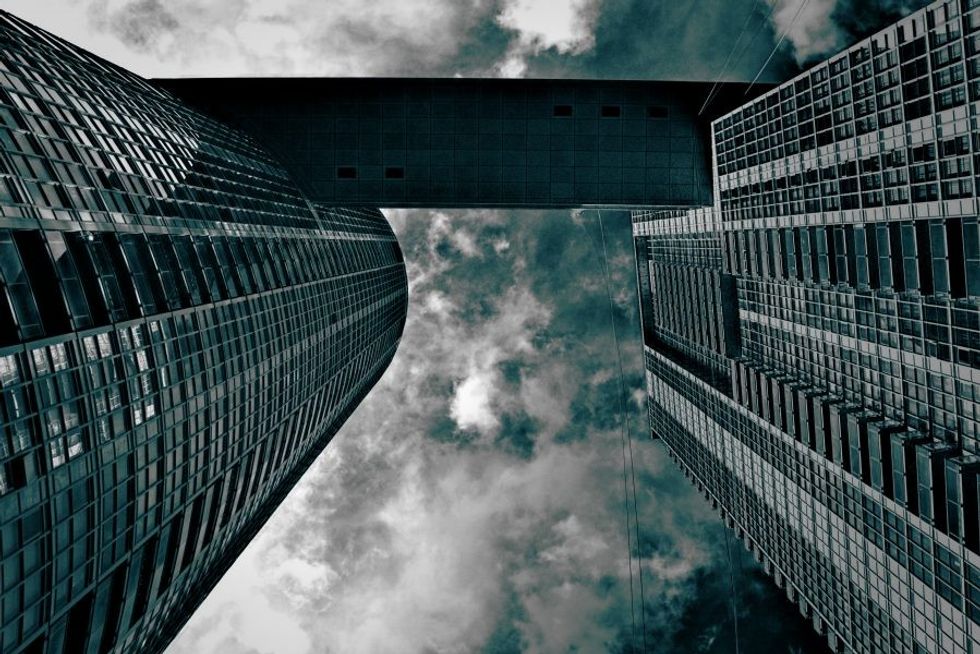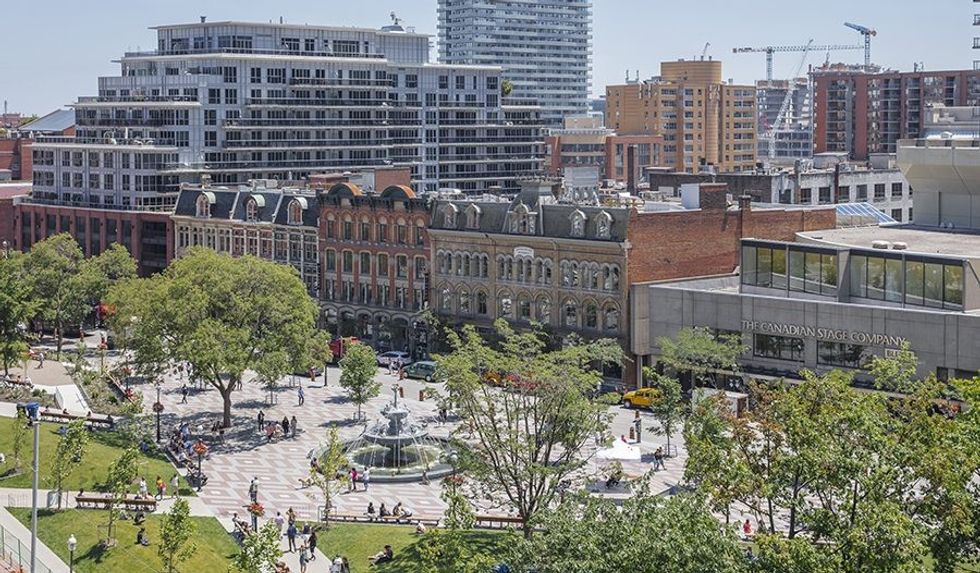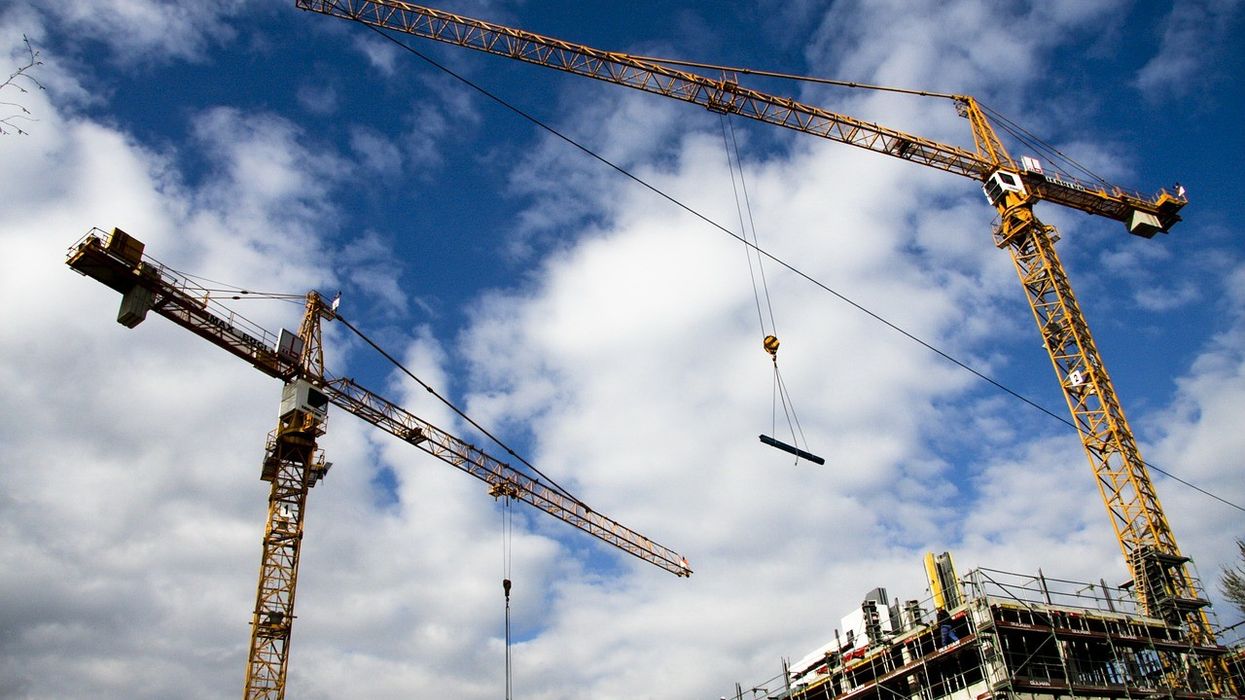
If we believe the headlines, the campaign rhetoric, the protest signs, and the office know-it-all two cubicles over, the Toronto housing market is facing a crisis.
An affordability crisis. Have you heard?
READ: Toronto Condos Could Get More Expensive After City Decision On Parkland
My guess is that if you’ve tried to buy a house in 2018, rent an apartment, read the Toronto Star, listened to the CBC, glanced at your Twitter feed recently or scanned your favourite real estate blog, by now you’ve become all too familiar with the phrase.
In that, I’m pretty confident. But then I was equally confident that the city bureaucrats knew it too — until I read this week’s piece by veteran journalist Richard Brennan in Storeys.
Brennan’s piece broke the news that the city staff have convinced themselves that our local condo boom has shortchanged the people of Toronto.
At least when it comes to parks.
READ: Condo Cancellations Risk Crisis Of Confidence In Toronto Real Estate
Under the current rules, among the development fees and levies charged, the city calculates what a developer must contribute in parkland contributions (capped between 10 and 20 per cent of land) or provide cash-in-lieu (payments calculated at a rate between 10 and 20 per cent of the property’s value).
In other words, the developer of that new condo tower down the street had to provide a portion of the site to the city for new park space, or provide a cash payment instead.

According to the article, the city is “sitting on more than $400-million” in cash-in-lieu, which seems like a pretty healthy chunk of change to me, but planners believe the rates paid by developers haven’t kept pace … and they want more.
So, with public consultations and a final report on the idea of reconsidering Toronto’s system of parkland levies still to come, the development industry is preparing for rates to jump as much as 30 per cent.
And they’re worried.
But it's you and I who should worry most.
READ: Toronto Condo Sales Ranked: Highest (And Lowest) Price Appreciation In 95 Neighbourhoods
While a spike in parkland levies, like increases to development fees, will affect how developers do business, it's consumers who will ultimately pay the price for these new costs.
In the Storeys article, the CEO of BILD — the association representing the city’s developers — acknowledges that parkland fees add “to the cost of a high-rise suite in Toronto.”
Even the builders’ association is willing to do away with any pretense that these municipal charges, which are part of the city’s approval process, will be borne by its members!
No.
READ: This Toronto Condo Developer Plans To Sell Units For $2,500 Per Square Foot
In fact, throughout the development process with every new fee assessed, and every new hurdle created, it’s the average condo buyer who is most affected.
And it’s the average buyer who bears the burden of every impediment which makes residential development in Toronto slower. More difficult. And more expensive.
With each increase in filing fees and with every rise in permit costs ... With each new expected (and unexpected) delay in the planning process ... And with each new layer of additional bureaucracy, condo projects become less viable and become more expensive.
So, while the city may be asking for more from our condo developers, it's condo buyers who will be paying for it.





















